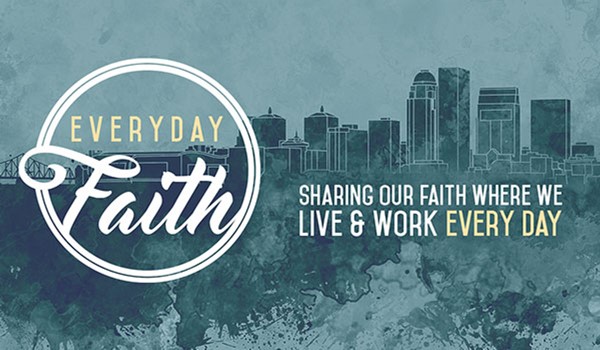MESSAGE: 15th Sunday after PENTECOST B 5th September 2021
THEMES: Authentically living out our faith – what is at the heart of God? Care for the poor.
Tell me how you are rich and I will tell you how I am poor
Tell me how you are poor and I will tell you how I am rich
We are to tend to the needs of those around us—the needs of the less fortunate and marginalised. Failure to do so results in godly wrath and calamity.
There is a strong distinction in these scriptures between rich and poor, especially in the James reading.
There is a strong theme of God’s favour for the poor and a call to live righteously.
The Gospel recounts the story of a deaf man healed and a Syrophoenician woman who challenges Jesus to view those outside the Jewish community as worthy of grace and blessing.
Rich or poor, God creates us to pursue justice and to care for one another. Be a blessing, O God, to those who are good and upright in heart. God calls us to be rich in faith, to honour our heritage as heirs of the Kingdom.
We are blessed when we share our blessings, that peace may be upon the people.
Most of us who are reading this have access to technology that qualifies us as, at the very least, “middle class.” This can make talking about God’s passionate concern for the poor more than a little uncomfortable. Part of the problem is that we tend to frame the conversation in either/or terms. If God is “on the side” of the poor, then God must be “against” the wealthy. Or, if God “blesses” the wealthy, then God must be “punishing” the poor. There are theologians on both sides of this debate, and, as long as we keep viewing things this way, the debate is not going to end soon.
But the Scriptures do not really enter this debate at all. There is no question that God loves and welcomes whoever seeks relationship with God. There is also no question that God seeks justice wherever there is injustice – which means that where people suffer God will send prophets and activists to work for healing, restoration, and transformation. The challenge for us is to learn to share God’s passion for the poor, and to become more and more comfortable with the tough conversations around bringing justice into our world.
One thing we cannot avoid, if we are serious about following Christ in our daily lives, is becoming involved in God’s work of justice and compassion. What this might mean for us practically is part of this week’s journey.
- Woman is shown in direct contrast to Pharisees from last week.
- Pharisees look for what is due to them because of the tradition and what they have earned.
- She begs for compassion based on her need – not on tradition.
- “Mark seems to go out of the way to present Jesus learning from a Gentile woman in a Gentile place about the inclusivity of God’s realm. Maybe others – both inside and outside the narrative- can learn as well.” Elizabeth Struthers Malbon, “Mark”, Women’s Bible Commentary, p. 484-485)
- “Jesus crossed boundaries, or barriers, that were not crossed in his culture… It is easy to look down on the people of other tribes or skin colors. But tribalism and racism have their roots in barriers that sinful people have deliberately created. All these divisions are not based on Scripture. As Christians, we need to cross boundaries and reach out to those are in need.” (Africa Study Bible, Oasis International, notes on p.1445)
The way Jesus treats the woman in this story seems most uncharacteristic, and really quite rude. She is a Gentile, and at first Jesus refers to her as a dog!
There are a number of different ways to interpret this response.
Some feel that Jesus was testing her to see whether she had the faith to stick to her guns. Some feel that Jesus was pretending to treat her badly to highlight the racism of his own people. Others believe that Jesus had a transforming moment where this woman made him realise that his mission was not just to the Jews.
Whatever we may believe about this encounter, what becomes clear is that Jesus finally welcomes this poor, Gentile woman and heals her daughter. After this, he then returns to a Jewish region and heals a deaf-mute man. It seems pretty clear that the Gospel writer wants us to recognise that Jesus was radically inclusive in his ministry.
The problem with injustice is that it always includes some and excludes others. This means that one of the most powerful things we can do to bring about justice in our world is to become radically inclusive like Jesus.
Who do you need to welcome and include today?
Do: Being inclusive doesn’t mean that we have to be close friends with everyone – that just isn’t humanly possible. But, if we treat everyone we meet with kindness and respect, and take time to recognise their basic humanity, we are living as welcoming, inclusive Christ-followers. Try it today.
Pray: Help me to recognise the humanity, and the divine image, in everyone I meet, O God.

